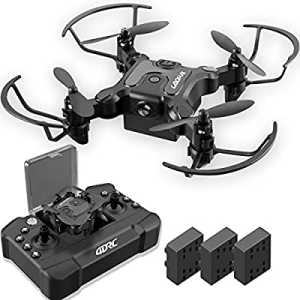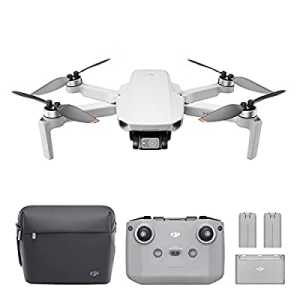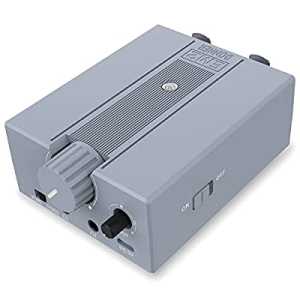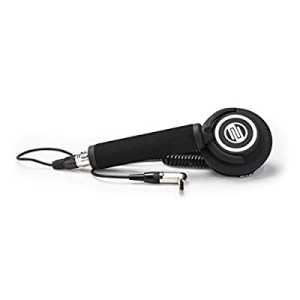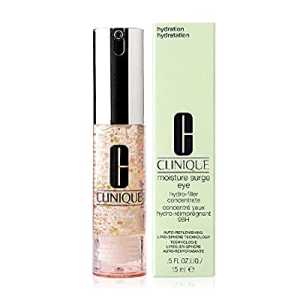
When Should You See A Glaucoma Surgery Specialist? Signs You Shouldn’t Ignore

Glaucoma is often called the "silent thief of sight"—and for good reason. This eye condition can slowly damage the optic nerve without noticeable symptoms in the early stages. By the time most people realize something is wrong, significant and irreversible vision loss may have already occurred. That’s why early diagnosis and timely treatment are key. While many cases of glaucoma can be managed with medication or laser therapy, some may require surgical intervention.
If you’re considering glaucoma treatment in Chinchwad, understanding when to escalate your care to a surgery specialist can make all the difference in protecting your vision.
What Is Glaucoma?
Glaucoma is a group of eye diseases that damage the optic nerve, usually due to high intraocular pressure (IOP). If left untreated, it can lead to progressive vision loss and even blindness. There are different types of glaucoma, but open-angle glaucoma and angle-closure glaucoma are the most common.
1. You’re Diagnosed, But Medications Aren’t Working
If you’ve already been diagnosed with glaucoma and have been on eye drops or other medications, but your eye pressure remains high, it’s a red flag. In some cases, medications might not be enough to control the pressure effectively. This is when a glaucoma surgery specialist should be consulted to explore surgical options like trabeculectomy, glaucoma drainage devices, or minimally invasive glaucoma surgeries (MIGS).
Don’t wait until vision loss progresses. If your current treatment isn’t keeping things under control, it’s time to escalate care.
2. Your Vision Is Starting to Change
Glaucoma usually affects peripheral (side) vision first, and the changes are subtle. If you notice:
-
Blurry vision
-
Tunnel vision
-
Sudden loss of peripheral sight
-
Halos around lights
…it could be a sign that the disease is advancing. Even if you’re not in pain, these changes shouldn’t be ignored. A glaucoma surgery specialist can assess the severity of the damage and determine if surgical treatment is the best course of action.
3. You Have Acute Angle-Closure Glaucoma Symptoms
This type of glaucoma is a medical emergency and requires immediate attention. If you experience:
-
Severe eye pain
-
Nausea and vomiting
-
Headache
-
Blurred vision
-
Redness in the eye
-
Seeing rainbow-colored halos around lights
you need to seek emergency care immediately. After initial treatment to reduce eye pressure, you’ll likely be referred to a glaucoma surgery specialist for laser or surgical procedures to prevent recurrence.
4. You’re at High Risk of Vision Loss
Sometimes, your doctor may refer you to a glaucoma surgeon even if your condition isn’t severe yet—especially if you’re at high risk. Risk factors include:
-
Advanced age
-
A strong family history of glaucoma
-
African, Asian, or Hispanic heritage
-
Very high intraocular pressure
-
Thin corneas
If you’re in or around Chinchwad and fall into a high-risk category, seeking glaucoma treatment in Chinchwad from a specialized clinic ensures you’re receiving proactive care with access to surgical options when necessary.
5. You’re Interested in Long-Term Management Solutions
Let’s face it—taking multiple eye drops daily can be overwhelming. If you’re looking for a more permanent solution to control your eye pressure and reduce reliance on medications, a glaucoma surgery specialist can offer you long-term options. Some surgical procedures have fewer side effects and require less follow-up than daily meds.
Final Thoughts
Ignoring the signs of glaucoma can have lifelong consequences. If your current treatments aren’t effective, if you’re seeing changes in your vision, or if you’re at high risk, consulting a glaucoma surgery specialist could be the best decision you make for your eyes.
Whether you’ve already been diagnosed or are just starting to notice symptoms, timely glaucoma treatment in Chinchwad can help slow or even stop the progression of this sight-stealing disease. Don’t wait for symptoms to get worse—protect your vision today, because once it’s gone, there’s no getting it back.
Author Bio
Article Comments
No Comments!
At present there are zero comments on this article.
Why not be the first to make a comment?
Similar Articles
Search Pages
Upgrade User Account
account to full use of editor,
including hyperlinks
Article Categories
There are zero sub-categories in this parent category.
There are zero sub-categories in this parent category.
